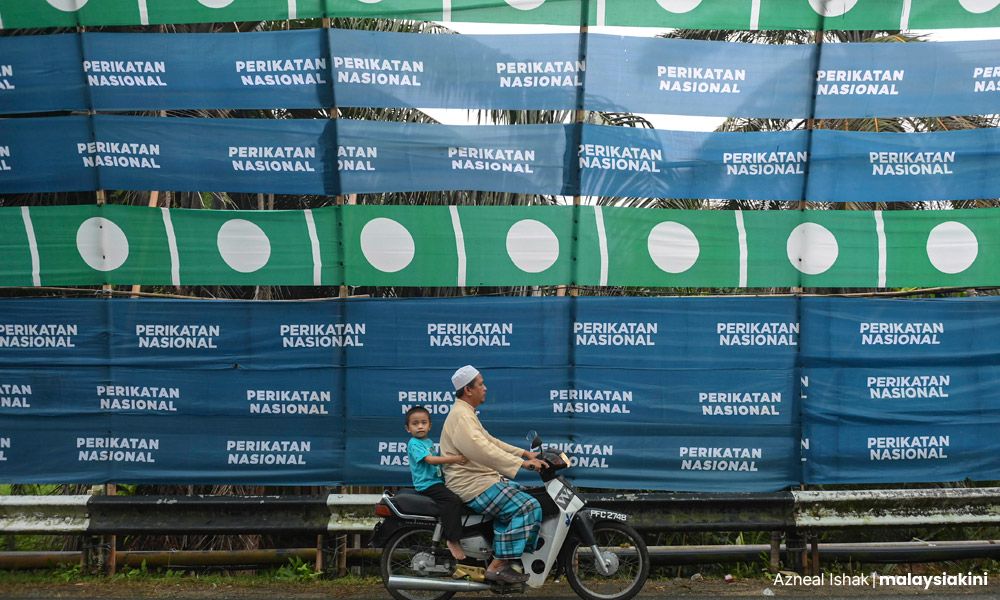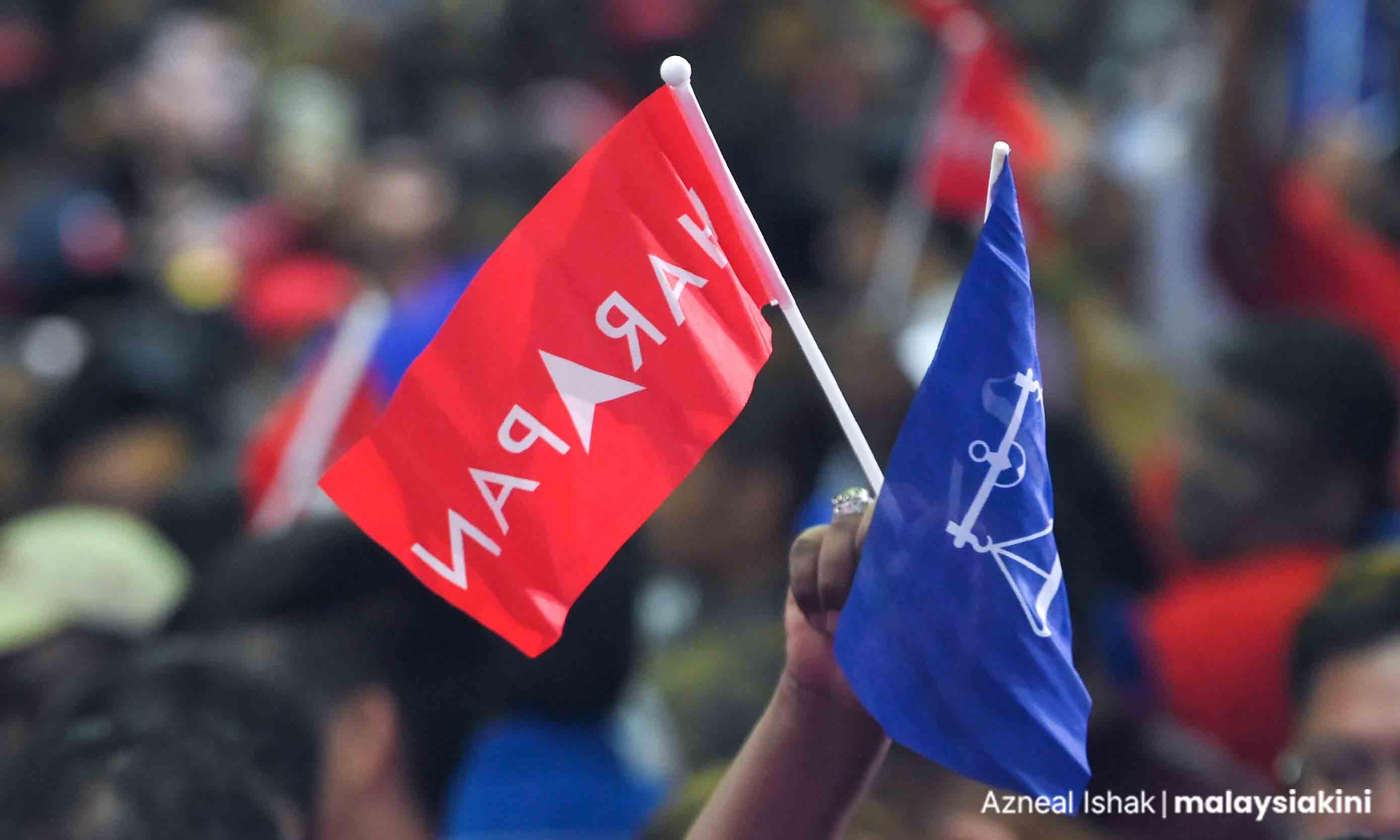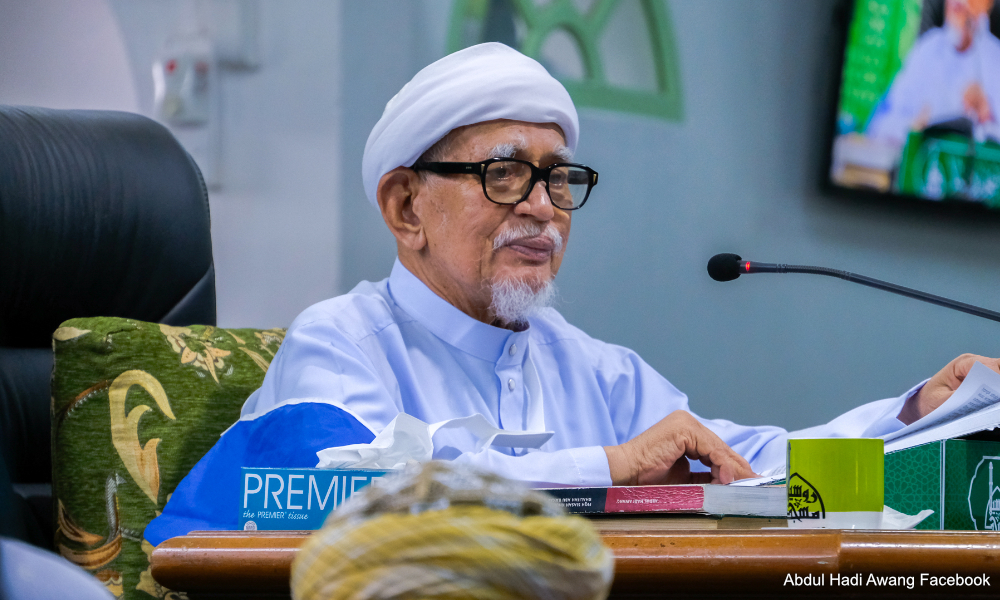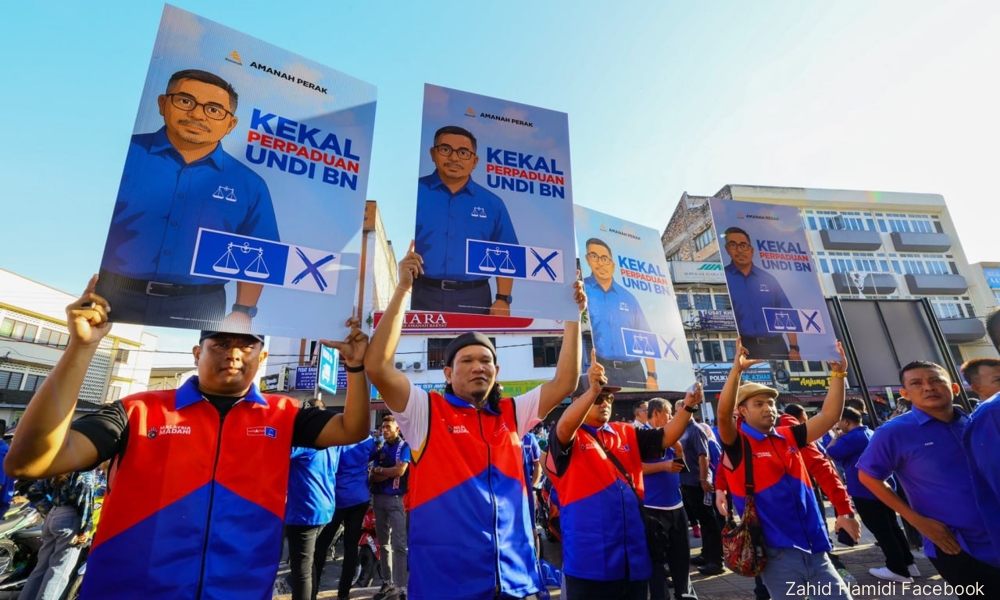The by-election in Ayer Kuning, Perak, was far from ordinary. While Malaysian politics has always been awash with competing narratives, this by-election offered an intriguing case study on the role of strategic communications in determining political outcomes.
With BN retaining the seat, the result is more than just another win for the coalition. It is a testament to the importance of narrative clarity, the ability to adapt mid-campaign, and the consequences of relying too heavily on the same old tactics.
From the outset, PAS and its Perikatan Nasional partners anchored their campaign on a master narrative that they believed would have lasting appeal. The core message was simple: “Undi Umno = Undi DAP = undi musuh Islam.”
This was more than just a campaign slogan. It was psychological warfare to make the election a referendum on Malay-Muslim identity.
To support this overarching message, PAS and PN drew on a predictable set of sub-narratives.

They amplified the issue of a pig farm, the Musang King land dispute in Raub, alleged illegal Hindu temples, and a string of moral or religious controversies, including the debate over the usage of the word “Allah”, the socks incident at KK Mart, and similar flashpoints.
These stories were used to convince Malay voters that Umno and DAP were betraying Islam and undermining the Malay community.
Race, religion focus shows lack of solutions
One of the main reasons PAS leaned so heavily into this strategy was their belief that a series of recent national incidents had reignited a sense of Malay-Muslim grievance and insecurity.
The controversy surrounding an allegedly illegal Hindu temple, viral debates about non-Muslim sensitivities, and sensational cases such as the “abang belon” incident all contributed to an atmosphere of heightened communal awareness.
PAS calculated that by fanning these flames and presenting themselves as the sole defender of Malay-Muslim interests, they could trigger an electoral backlash against BN and its partners.

This tactic was pursued even more aggressively because Ayer Kuning is a Malay-majority seat, where they assumed such identity-driven messaging would resonate most strongly.
However, this approach only highlighted PAS’ dependence on identity politics and its lack of substantive solutions for the community’s day-to-day struggles.
Despite their focus on these narratives, PAS and PN offered few practical solutions or a vision for local development.
Rather than address the daily realities faced by the people of Ayer Kuning, such as economic hardship, infrastructure, and job creation, their campaign chose instead to harp on fears and suspicions.
Ceramah, social media, and WhatsApp groups were filled with the same refrain: that a vote for BN or Pakatan Harapan was a vote against Islam.

BN, on the other hand, made a conscious decision to focus on the candidate in the early stages of the campaign. The priority was to introduce the candidate to the community, build rapport, and present a track record of service.
The BN machinery worked hard to engage voters in a genuine manner. Instead of trading attacks, they emphasised the human side of politics.
The campaign was about relationships, trust, and a commitment to serve Ayer Kuning. Voters were reminded that elections are about choosing a representative who understands and can address their needs, not about abstract ideological battles.
Hadi’s huge misstep
As the campaign progressed, the tone shifted. It was not BN that created the turning point, but rather PAS itself.
The controversy surrounding PAS president Abdul Hadi Awang’s statement, suggesting that achieving political victory for Islam was more important than performing the haj, changed the conversation dramatically.

This was not an issue manufactured by BN. It arose from within PAS and quickly gained traction across the political spectrum.
Many Malaysians, even within PAS’ own ranks, found the statement troubling. It exposed the dangers of mixing religion with politics too liberally and gave BN an opportunity to reposition its narrative.
BN then adapted its strategy. With the haj Hadi issue in the spotlight, the coalition pivoted to focus on exposing hypocrisy and the lack of substance in the opposition’s campaign.
The message was clear. PAS had failed to address real issues and instead relied on the same tired attacks about DAP and the supposed threats to Islam.
BN highlighted that many of the issues being weaponised by PAS, such as the pig farm and land disputes, had historical roots linked to previous opposition administrations.
Voters were urged to see past the empty rhetoric and focus on the need for real, actionable solutions.
This change in narrative was crucial. It allowed BN to draw a sharp contrast between its own positive, service-oriented approach and the negativity of the opposition. The public began to see that PAS and PN had little to offer beyond fear and division.
As the campaign wore on, BN’s candidate continued to connect with voters on a personal level, while the opposition’s relentless focus on sensationalism grew stale.

In the end, the Ayer Kuning by-election delivered an important lesson for all political actors. The most powerful narratives are those that resonate with the actual concerns of the electorate.
BN did not just win by outmanoeuvring PAS and PN on messaging. The victory was a result of listening, adapting, and staying grounded in the community’s real needs. PAS’ misstep, not BN’s offence, was the catalyst that allowed this shift to happen.
As Malaysia’s political landscape becomes more complex and voters more discerning, it is clear that reliance on divisive old tactics will only take a party so far. The future will belong to those who can inspire trust, unite communities, and provide real answers to everyday problems.
In Ayer Kuning, BN demonstrated that strategic, authentic communication, combined with humility and service, is still the surest path to electoral success. - Mkini
RAZIZ RASHID is a strategic communications consultant and former corporate communications head at the Prime Minister’s Department.
The views expressed here are those of the author/contributor and do not necessarily represent the views of MMKtT.



No comments:
Post a Comment
Note: Only a member of this blog may post a comment.